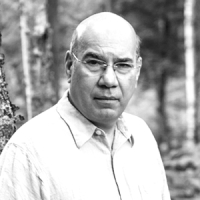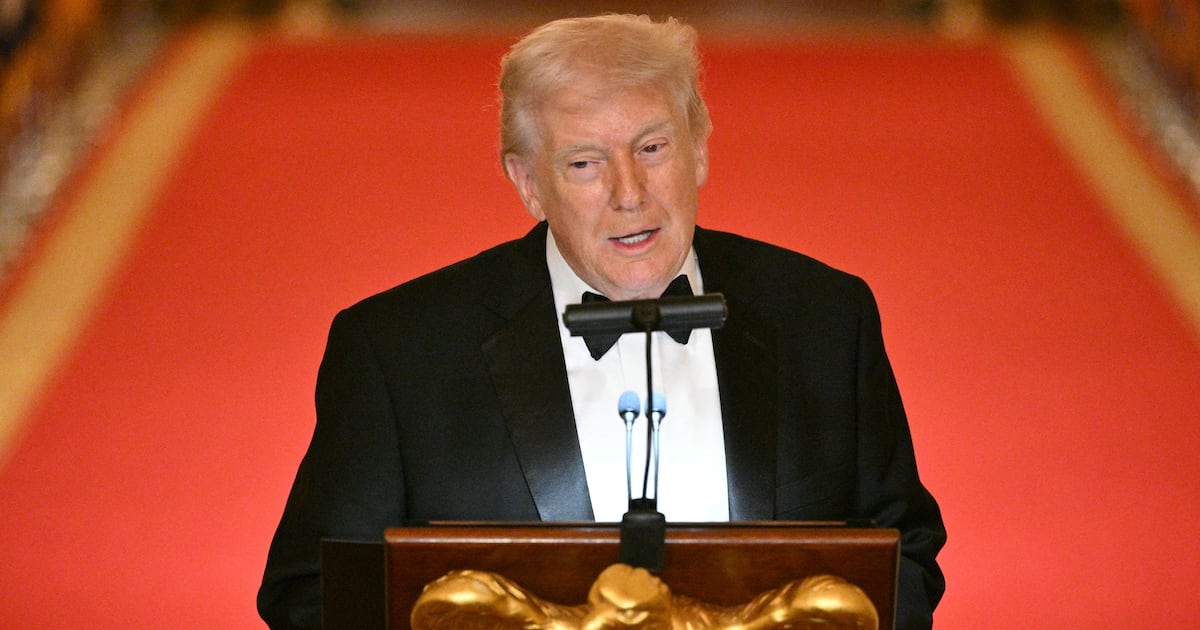Pope Francis, speaking to a crowd of ambassadors to the Vatican, recently addressed what he called the “deviant forms of religion” that use the practice of faith as an excuse to murder people, as in Paris last week, where a small gang of crazed Islamic fundamentalists attacked Charlie Hebdo, a satirical magazine, as well a Jewish market, killing 17 people and frightening millions. The pontiff scorned “fundamentalist terrorism” and “extremist interpretations” of the Koran, which he believes has caused so much bloodshed over the past decade or more.
His argument strikes me as both correct and incisive; but I would go further and argue that fundamentalism is perhaps more generally a problem than the Pope suggests. It afflicts Islam severely, but it also distorts Christianity when “extremist interpretations” are involved—although with nothing like the vicious results, as (today at least) few Christian fundamentalists, even in their most extreme versions, regard terrorism as an option.
With Islam, the argument makes a great deal of sense. It’s worth noting that Wahhabism—the extremist form of Islam adopted by Saudi Arabia in the last two centuries—has been the most obvious begetter of our current troubles. This demented vein of thinking promotes literal readings of the Koran, has a strong anti-feminist bias (among other things), and tends toward violence, as it regards all those—including other Muslims—who don’t follow their rules to the letter as heathens who must be eradicated.
With immense oil wealth at their disposal, the Saudis have promoted this distorted form of Islam, as Jonathan Manthorpe has noted: “Over more than two decades, Saudi Arabia has lavished around $100 billion or more on the worldwide promotion of the violent, intolerant, and crudely puritanical Wahhabist sect of Islam that the ruling royal family espouses.” This much cash will buy you a lot of influence, and it’s not for nothing Osama bin Laden and most of the terrorists involved in the 9/11 attack were Saudis. (It could be argued that President Bush, with a kind of foreign policy dyslexia, attacked the wrong country in retaliation, destroying one of the most secular Islamic states when he invaded Iraq; but that’s another story.)
So what is fundamentalism anyway, and why does it seem to promote distortion and encourage violence?
Fundamentalism takes different forms in different religions; but there is one striking similarity in all forms of fundamentalist thought. Each wishes dearly to hold in check all varieties of “modern” or “decadent” thinking. Within the Christian tradition, fundamentalism arose in the 19th century as an effort to push back against “modern” readings of the Bible that suggested everything in the text wasn’t true in some literal sense. The world, for instance, wasn’t actually created in seven days, and the flood that engulfed Noah’s world was more of a metaphorical storm than a fact of history. Beginning in the late 18th century, some German scholars began to regard Holy Scripture not as a single revelation but a sequence of inspired texts that occurred in specific times and places and were subject to varied and multiple meanings. So interpretation was hugely important, as biblical writings were seen to require constant rethinking. Needless to say, with the huge rise of atheism in the wake the scientific revolution and Darwin, Christians grew especially reactive, searching for a simple, literal, inerrant reading of the Bible. Fundamentalism rose, becoming a major strand in American Protestantism by the early 20th century.
American fundamentalist thought connected strongly to reactionary political ideology as nervous Christians pushed back against liberal reforms on many fronts. Even today, there is push-back on social issues, and literal readings of the Bible have been used to defend capital punishment and other (in my view) unchristian practices. One of the common strains between Christian and Islamic fundamentalists has been, of course, the patriarchal structure of families, with women relegated to inferior positions within the house and the church. (In 1998, there was a law passed in Alabama, for instance, that outlawed the manufacture and distribution of sexual toys, including vibrators. This was overturned in 2002, but it still suggests the kind of distorted thinking that often follows fundamentalist thought.)
Tolerance is, alas, the first casualty in any fundamentalist brand of religion. Fundamentalist Islamists, for example, hate all forms of thought that disagree with their own narrow-minded reading of the Koran, a text that—much like the Hebrew scriptures or the New Testament—is grounded in history and can be thoughtfully interpreted in many different ways by serious readers. Indeed, there are many contradictory verses in the Koran and the Hadith, that sequence of prophetic sayings upon which many Muslims rely for daily guidance.
As ever, Pope Francis has his finger on the problem. Fundamentalism promotes “deviant forms of religion” wherever it arises, often by adhering to the letter of the law while missing the larger spirit that informs any holy text. As St. Paul put it so well in II Corinthians 3:6: “For the letter kills, but the Spirit gives life.” Fundamentalist thinking tends toward the letter, missing the spirit. In doing so, it promotes violence toward those with other viewpoints or, indeed, interpretations.





